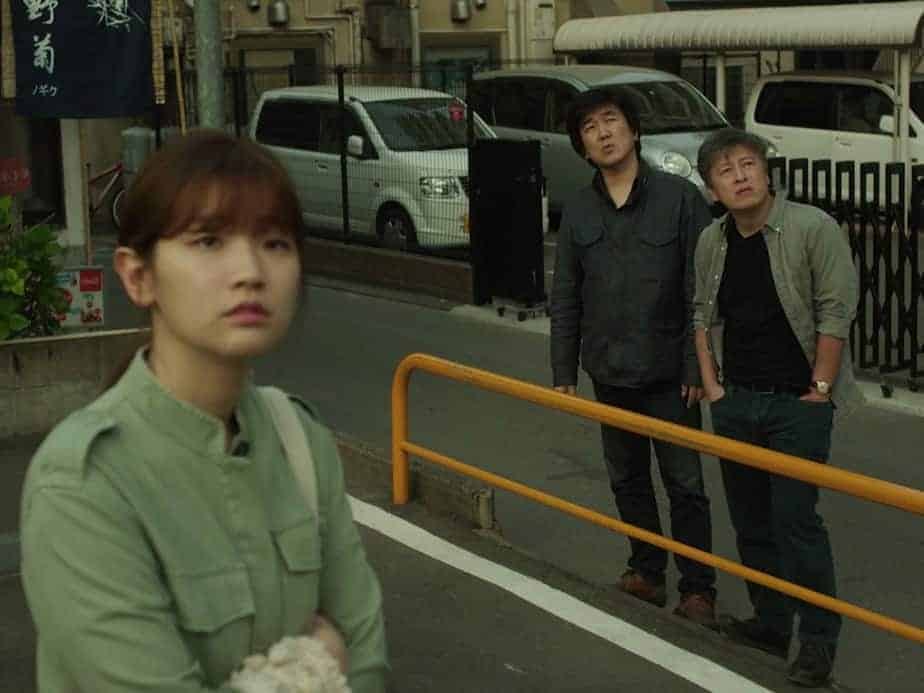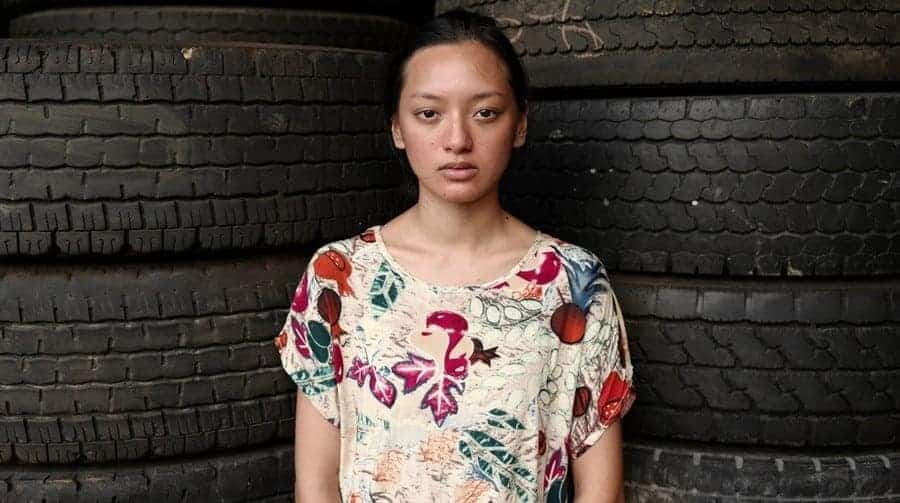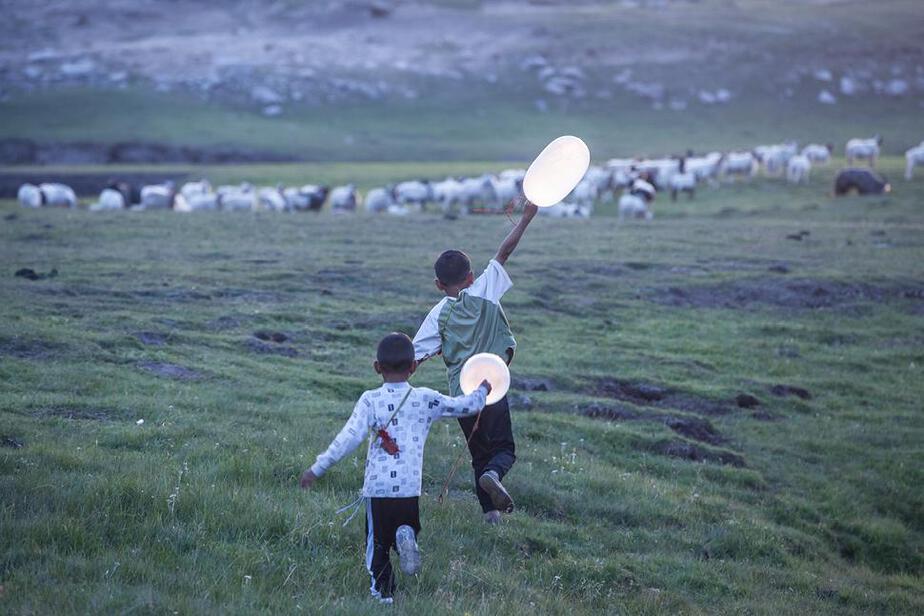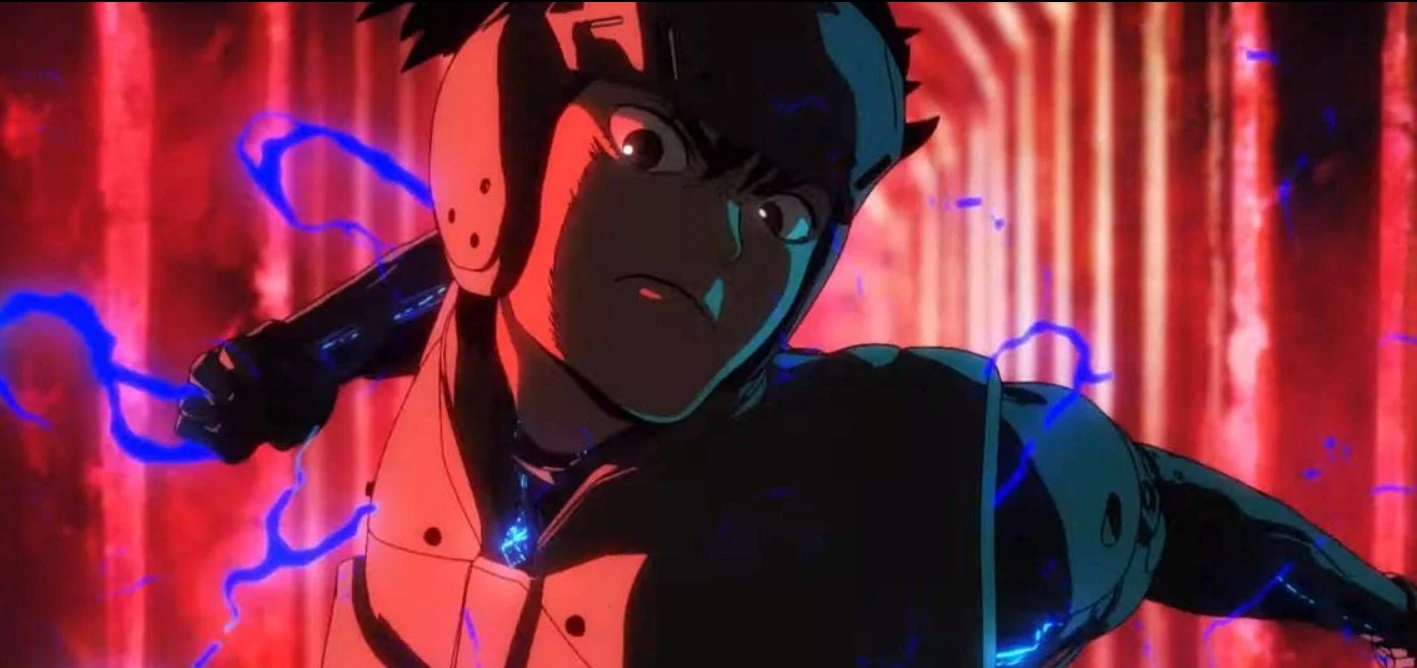Zhang Lu, who began his career with the short film “Eleven” (2000), is already an established director. His second feature “Grain in Ear” (2005) won the ACID award at Cannes and he attended the Berlin International Film Festivals two times before with his films “Desert Dream” (2007) and “Dooman River” (2011). Zhang Lu was also part of the jury of Busan International Film Festival in 2016. His latest film, “Fukuoka” tells us about love triangles, ghosts and the ambiguity of language.
Hae-hyo and Jea-moon were very good pals in college, eventually going their separate ways after falling in love with the same girl. They have not seen or heard from each other ever since. As time passes and Jea-moon approaches middle age, the memory of his college life becomes ever more refreshed, and begins to haunt him more and more frequently. At this moment, a strange girl, So-dam, not only intrudes into his quiet second-hand bookstore, but also disturbs his life, urging him to set out on a long journey to Japan to look for Hae-hyo. In Japan, when three of them finally meet in a local pub, can the problems of their past be reconciled?
Fukuoka is screening at Berlin Film Festival

Zhang Lu depicts a Murakamian encounter of two old friends moderated by a young, ghostlike woman play by Park So-dam (“The Priests” 2015). Her quirky character fits well with the two older men, who behave like teenagers as soon as they reunite.
The male parts are played by actor and activist Kwon Hae-hyo (“Gangbyeon Hotel” 2018) and Yoon Jae-moon (“High Society” 2018). Having played mostly supporting roles in the past, both are fully taking the chance to shine in the spotlight. Together with Park, they form a sworn community on screen and the acting adds a harmonious vibe to the sequences, which is carried onto the audience.

The melancholic encounter of Jae-moon and Hae-Hyo is dominated by the happenings of bygone days. The void between the past and the present is filled by Park. As a doppelganger, she reminds them of their teenage love and in the movie, both of the men are clearly playing mindgames about her. “Fukuoka” mystifies Park's character. She is able to understand all of the three spoken languages in the movie and has an intuition for people. All this appears from scratch and seems natural to her. Besides the different languages, the aspect of silence is often emphasized. A man in a bar who committed not to speak for 10 years straight is the best example of this underlying topic, contrasting the multi-language and dialogue-filled film.
The miraculous mood of the protagonist triangle is captured by the excellent cinematography by Park Jung-hun (“The Villainess” 2017). Adjusted to the long takes, the hand-held camera floats through the space, stops, observers and becomes a character on its own. Like an invisible ghost from another dimension that cannot be touched, the camera is a silent part of the diegesis. Framing, clearances, movement. The way the camera draws attention to itself is really impressive and makes the cinematography outstanding. Probably one of the best camera works I've seen in years.

“Fukuoka” is constructed as a dreamlike circle. In the end, you question yourself: Was it all a dream, an illusion? Zhang Lu plays with the perception of the audience by leaving loopholes in the script. Certain things are never fully explained and are left to interpretation. But this is not a bad thing. If anything, this is what makes “Fukuoka” a mesmerising piece of art.















